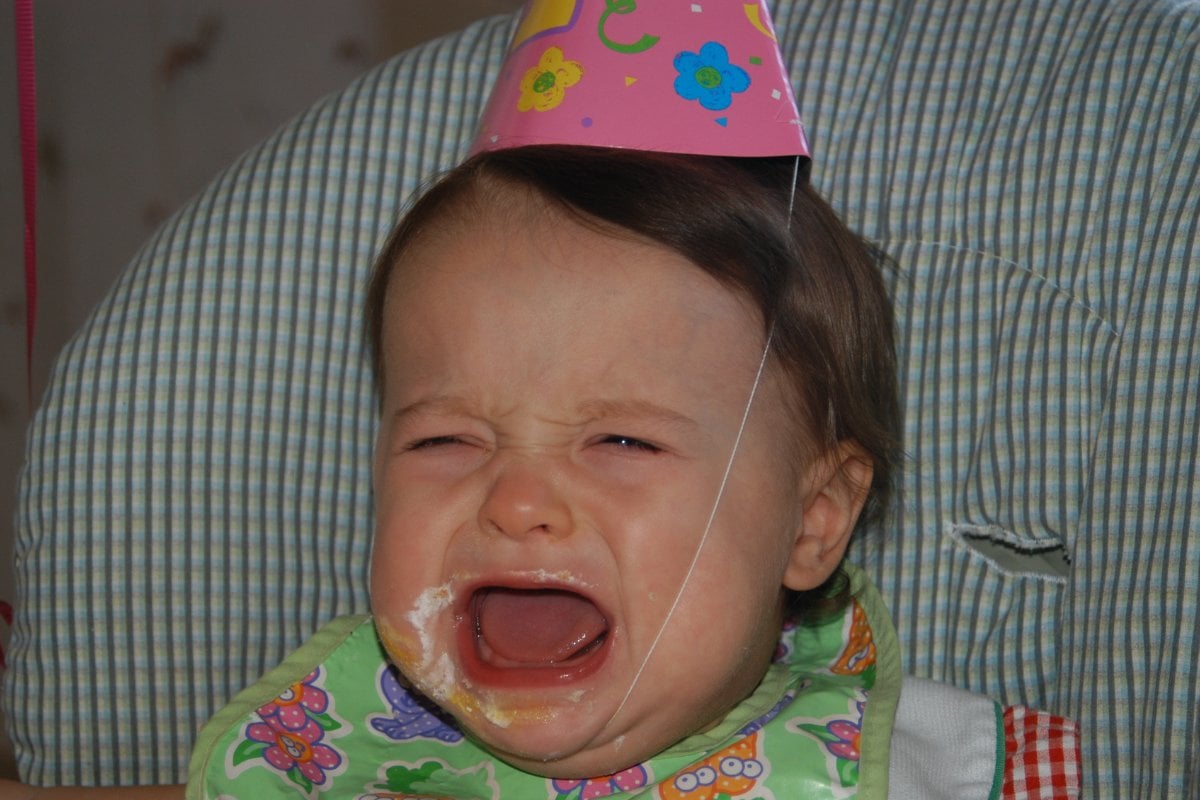
I recently turned 42. It’s a bit of a blah number, sure. But for the most part, I'm not particularly bothered by getting older. Having unexpectedly lost a friend when we were both 39, every subsequent year feels like something to be especially grateful for, which I am.
Be that as it may, in the lead-up to my birthday this year I couldn't shake off what can only be described as an underlying sense of melancholy. It got worse as the day got closer and then on my actual birthday; I found myself continually fighting back tears for no apparent reason.
It was a nice day/weekend. My family made me feel special. I received lots of lovely messages. I was thankful for the privilege of completing another lap around the sun. Why so sad, then?
I'm not much of a crier so this all felt very strange. Stranger still, was the fact that the very next day after my birthday, I felt infinitely better. Similar to when you've been physically sick for days on end and you finally come good, there was a palpable sense of relief in my birthday being over this year.
As someone who is largely unfazed by birthdays, I had a hard time rationalising my feelings this year. That was until I came across the term 'birthday blues'.
What are the 'birthday blues'?
'Birthday blues', or 'birthday depression' as it's also known, refers to temporary feelings of sadness, anxiety, stress, loneliness, apathy, fatigue, or dread on or around one's birthday. Further symptoms may include:
- Tearfulness
- Muscle tension
- Changes in appetite
- Irritability/grumpiness
- Disappointment or dissatisfaction
- Existential thoughts
- Social withdrawal
- Negative self-talk/self-criticism
- Sleep disturbances
- Anhedonia, which is a loss of interest in typically exciting things, like celebrations.
Sally Youdale, Clinical Psychology Registrar at the OCD Clinic Brisbane elaborates further.




























































































